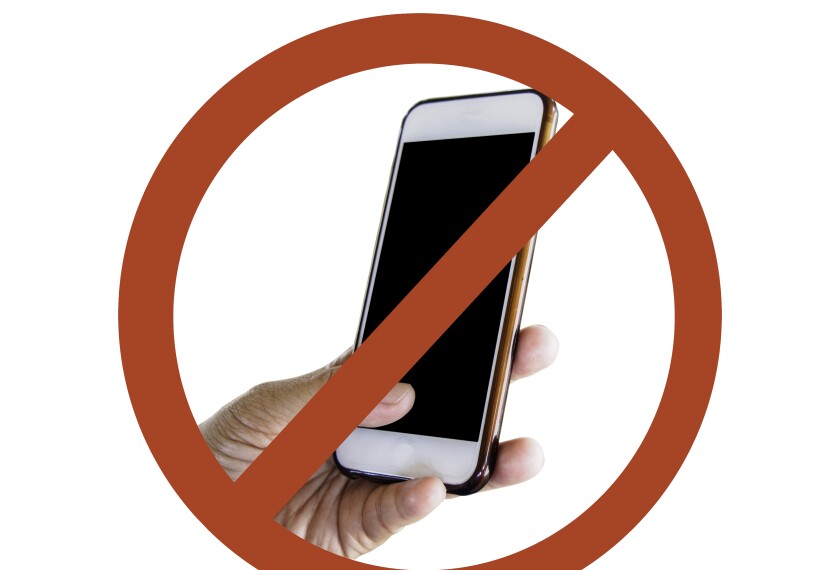Earlier this month, England’s Education Secretary Gillian Keegan made an announcement recommending that schools prohibit students’ cellphone use during the school day, including recess and break times, in an effort to to reduce disruptive behavior during class time and student-driven online bullying.
England’s response to the growing frustration with students’ cellphone use during school time would not be unprecedented. Even before the United Nations this past summer published a report issuing a strong warning regarding technology use in schools around the globe, some countries had implemented strict “no-cellphone” policies. China in 2021 banned students from using cellphones at school; in 2018, France prohibited students in elementary and middle schools from using cellphones while on campus.
Common Sense Media, a U.S.-based organization that tracks media usage among children, voiced its support of cellphone restrictions at schools.
“Most teens use their phones for an average of 43 minutes during school hours, with some students reaching six hours of usage on the high end. These addictive devices are a constant companion in kids’ lives, and often lead to distraction and social anxiety during a part of the day that is crucial for the social, emotional, and cognitive development of young people,” said James P. Steyer, the organization’s founder and CEO. “Under this lens, it’s no wonder countries like the U.K., France, and Portugal are banning smartphones from schools.”
So, will the United States follow suit? Experts say it’s doubtful, for several reasons.
The U.S. education system is more decentralized
“With 50 different state education policies that govern portions of a child’s education, it’s unlikely we will institute a federal policy,” Steyer said.
International data show just how decentralized public school governance is in this country compared to others.
Researchers at The American Enterprise Institute, a free enterprise-oriented think tank, sought to determine whether national mandates typically dictate these key components of education: curriculum, exams, and teacher pay scale. Among the 50 countries included in the study, the U.S. proved to be the only one that does not typically prescribe what is taught or tested in schools and how much teachers earn.
And, within the United States, states vary widely in the degree to which education decisions are made at the state or local level and the extent to which the public participates in education policy-making process.
Parent pushback
Parent pushback also has impacted some schools’ decisions about students’ cellphone use. Specifically, parents’ desire to be able to reach their children at a moment’s notice has prevented some schools from instituting complete cellphone bans.
“They feel that it’s a safety issue if they don’t have 24/7 access to their kids. They want to connect with kids during the day,” said Brooke Olsen-Farrell, the superintendent of Slate Valley Unified School District in Fair Haven, Vt.
The district has resisted a complete cellphone ban, instead restricting student use of cellphones to lunchtime and between classes, Olsen-Farrell said.
Many teachers don’t want to police cellphone use
To teachers, cellphone use restrictions represent the proverbial double-edged sword. While they overwhelmingly acknowledge the temptations and related distractions cellphones pose to children and teens, teachers don’t necessarily want to be responsible for enforcing school or district mandates around cellphone use.
This was made clear when a bill proposing a ban on cellphone and smartwatch use in public school classrooms was introduced to the Utah legislature earlier this year. The bill, which failed in the state House Education Committee, was not unanimously popular among the state’s teachers.
Rita Heagren, a spokesperson for the American Federation of Teachers Utah, called Lee’s bill “unenforceable.”
“This requires teachers in the classrooms to enforce these policies,” Heagren told the Salt Lake Tribune. “You want me to try and take a cellphone away from a 220-pound lineman? I don’t think so.”







